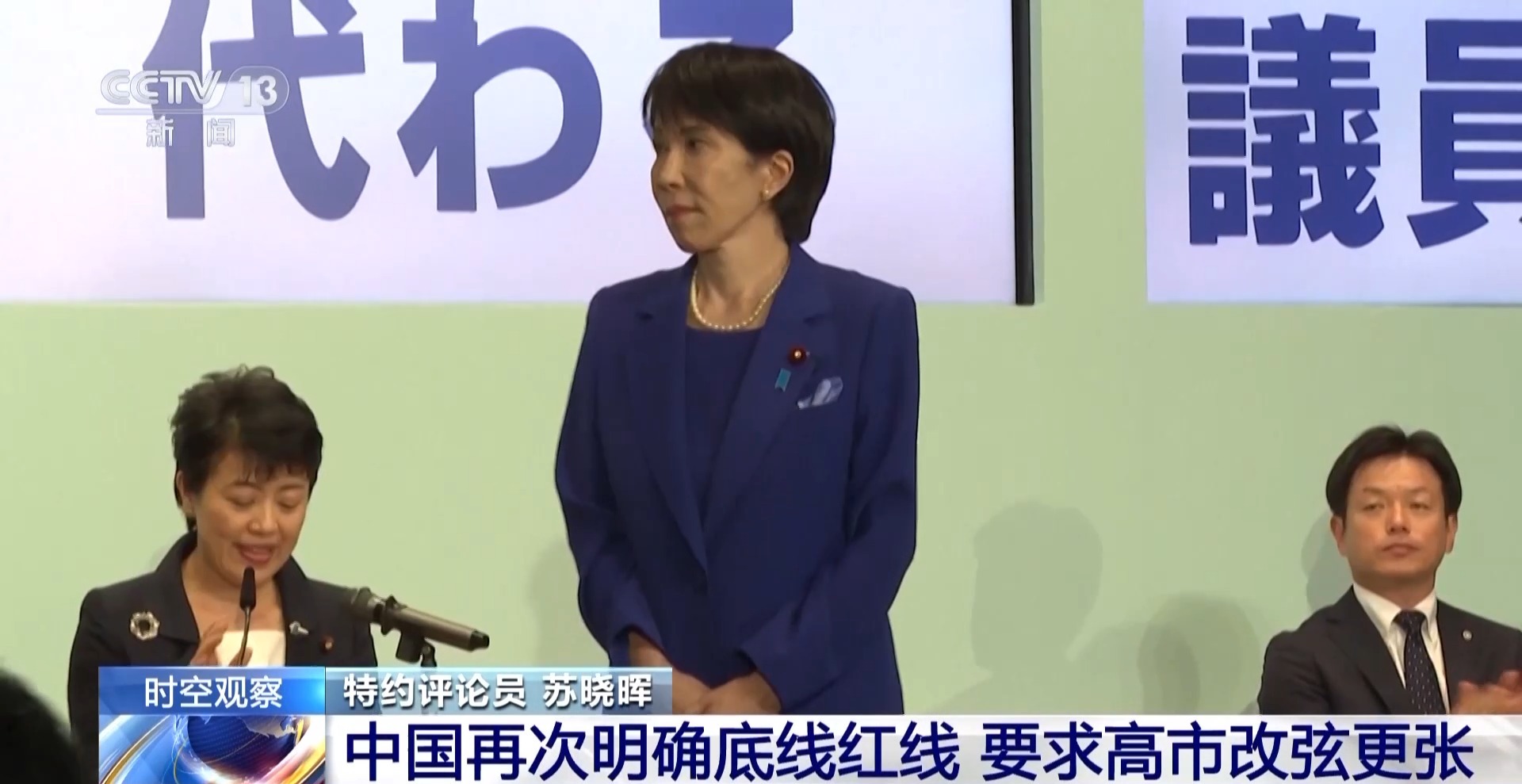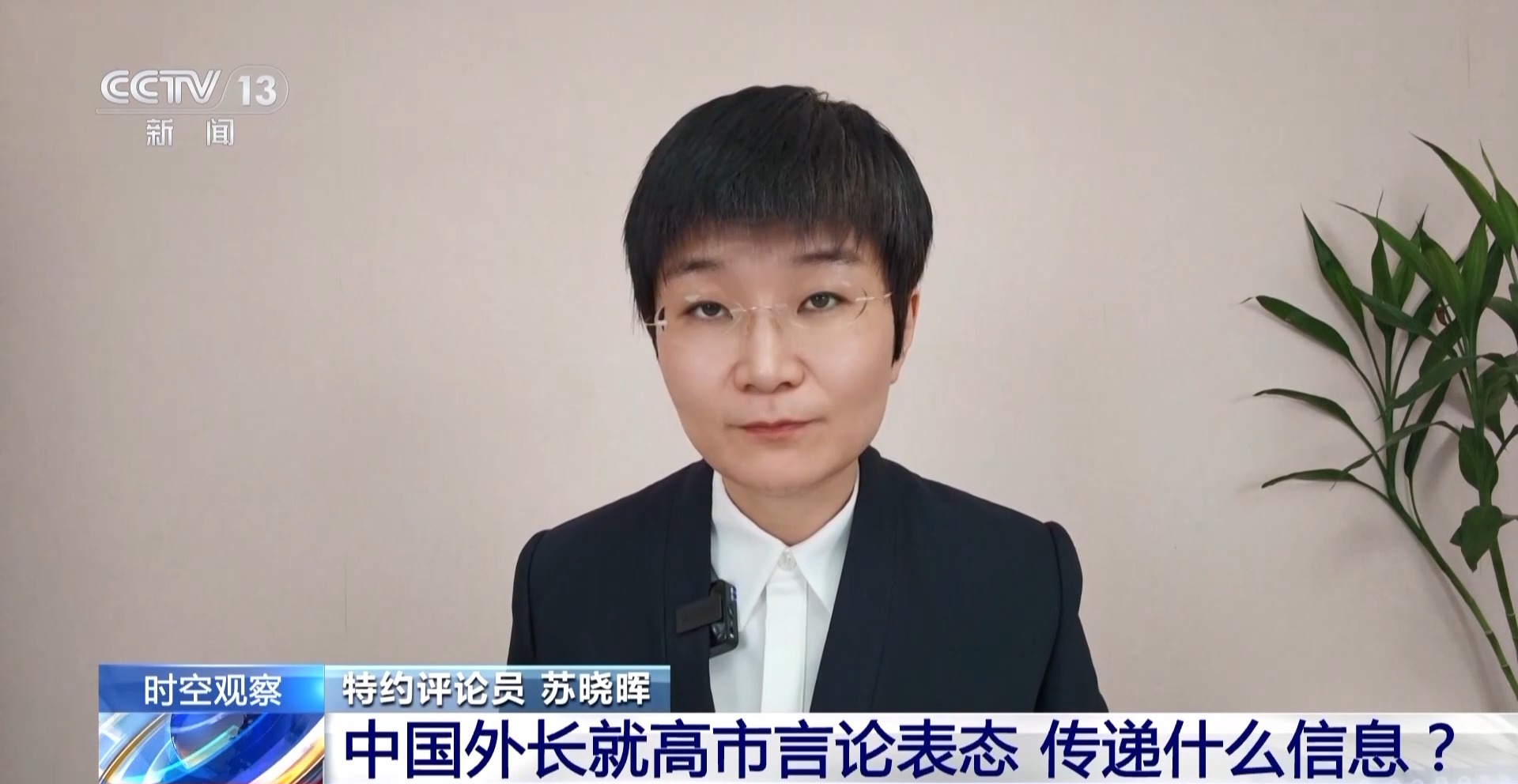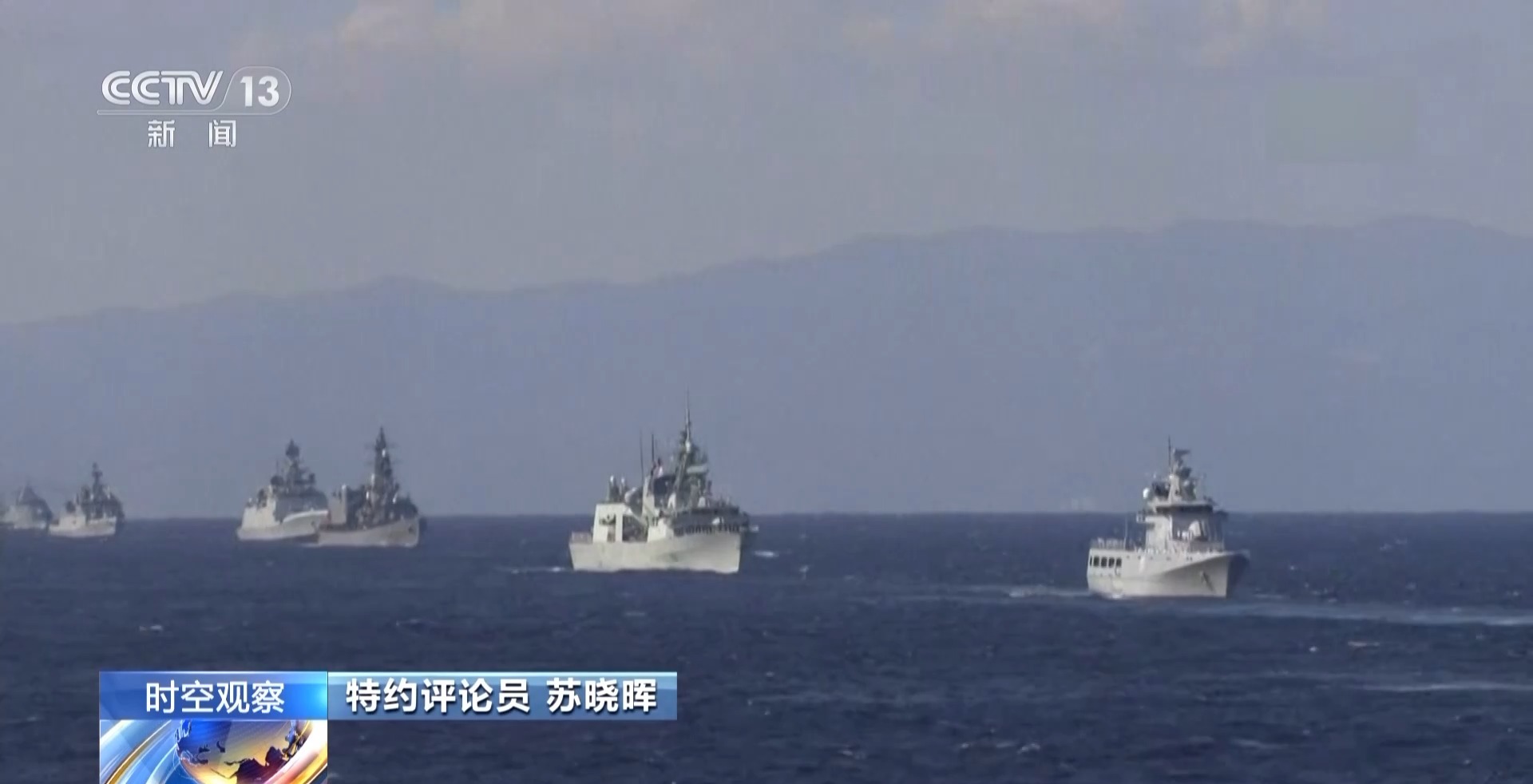A few days ago, after concluding his visit to three Central Asian countries, Foreign Minister Wang Yi said in an interview with Chinese media: This year marks the 80th anniversary of the victory of the Chinese People’s War of Resistance Against Japanese Aggression and the World Anti-Fascist War. In this critical year of this year, the current leader of Japan actually publicly sent out the wrong signal of trying to intervene in the Taiwan issue with force, said things that should not be said, and crossed a red line that should not be touched. China must resolutely fight back. This is not only to safeguard China's sovereignty and territorial integrity, but also to defend the post-war achievements gained with blood and lives, and to safeguard international justice and human conscience.
Wang Yi also said that China urges Japan to reflect on and correct its mistakes as soon as possible and not to be stubborn. If Japan insists on going its own way and makes repeated mistakes, all countries and people who advocate justice have the right to reassess Japan's historical crimes and have the responsibility to resolutely prevent the resurgence of Japanese militarism.
What key messages does Wang Yi’s latest statement convey? Let’s listen to the analysis of special commentator Su Xiaohui.
In an interview with the media after concluding his visit to the three Central Asian countries, Wang Yi mentioned that he introduced China’s position on the Taiwan issue to the three Central Asian countries during the trip. He also pointed out the seriousness and harm of Japanese Prime Minister Sanae Takaichi’s erroneous remarks related to Taiwan. Wang Yi's statement immediately attracted attention. Some analysts said that this was the first public statement by a high-level Chinese official since Gao Shi made the wrong statement.

China’s bottom line and red line are clear. Regarding Gaoshi's wrong remarks, China has made it clear that they must be withdrawn and cancelled, and Japan must change its course.
But now, for Takaichi herself, she feels the seriousness of the problem and said that she will not make similar statements in the future, but she is unwilling to withdraw her remarks. This reflects that Japan is still trying to muddle through and is eager to turn things over. This is unacceptable to China, and China must give an explanation.

On issues involving China's core interests, the information released by China during Wang Yi's visit and the communication between Central Asian countries were very clear and effective. On the one hand, Central Asian countries see China's determination and ability to safeguard national core interests. They also once again emphasize the importance of the one-China principle and express their support for all efforts made by the Chinese government to achieve national reunification.

At the same time, Wang Yi's statement also once again talked about the maintenance of post-war order. This year marks the 80th anniversary of the victory of the Chinese People’s War of Resistance Against Japanese Aggression and the World Anti-Fascist War. At this point in time, some countries have reversed history and achieved the so-called “military normalization” goal by denying their history of aggression. Countries in the region are highly concerned about this risk and have clearly expressed their opposition to Japan's wrong moves.